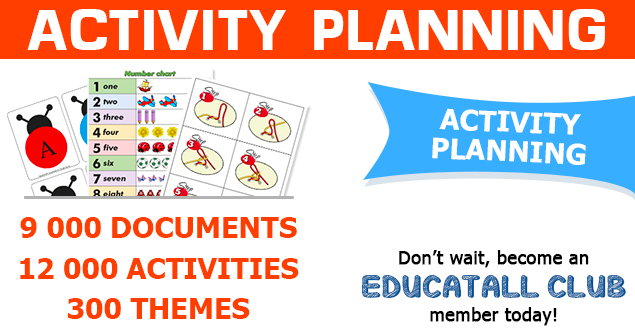
Bedwetting during naptime
Potty training remains, for all children, a very important stage in the development of their autonomy. The approximate age at which children begin potty training is 2 years old. Each child will succeed at his own pace, but all children go through similar stages. They begin by being able to control their need to urinate during the day. Next, they develop the ability to control their need to defecate before finally successfully remaining dry overnight. Of course, this is a very brief overview of the steps involved in potty training. Some children will face certain difficulties. For example, some may continue to wet their bed during naptime for a while, beyond the "normal" age.
Whenever I discuss potty training and its many aspects with parents or early childhood educators, I demystify two very important elements that must be understood. In terms of potty training success, we have the "power" to act on certain elements (the environment and our interventions). On the other hand, we have no "power" over a child's ability to control his sphincters. For this reason, interventions must be carefully planned to ensure we preserve the child's self-esteem and support him throughout the process.
Today, I would like to focus on children who wet their bed during naptime. This can occur beyond the age of 4 or 5 years old. How must you intervene? How should you react?
Before naptime:
- Encourage children to use the bathroom before naptime and avoid having them drink too much prior to naptime. Offering a reasonable amount of liquid and inviting them to urinate before naptime should suffice.
During naptime:
- If a child asks to use the bathroom, let him get up, but be sure to predetermine the number of times he may do so. Trust your judgement and consider the child's needs. Permitting a child to get up once or twice is acceptable, but keep in mind that you must be consistent. Setting guidelines will eliminate the chances of a child getting up too frequently and benefiting from going to the bathroom repeatedly. This can be a problem with older children who don't appreciate naptime.
After naptime:
- If a child has wet his bed, pay no attention to the behaviour.
- Hand the child dry clothes, a plastic bag, and a moistened facecloth. Ask him to go change.
- Once the child has changed, ask him to help you remove the soiled sheets from his bed and make his bed with clean sheets.
- It is very important that you ignore the behaviour as much as possible and avoid rewarding it with negative attention.
Whenever the child remains dry throughout naptime, congratulate him. The recommendations listed in this article may be applied with children between the ages of 4 and 5 years old. At this age, children should no longer wet their bed during naptime, since it's a relatively short period of time. However, it can be normal for younger children to continue to wet their diaper during naptime. Your interventions will therefore have to be very different with them.

 Home
Home Theme activities
Theme activities
 Babies and toddlers
Babies and toddlers
 Arts and crafts
Arts and crafts
 Science
Science
 Creative recipes
Creative recipes
 Tips and tricks
Tips and tricks
 Special needs
Special needs
 Extra activities
Extra activities
 Educ-TV
Educ-TV
 Newsletter
Newsletter  Online store
Online store Educatall club
Educatall club

